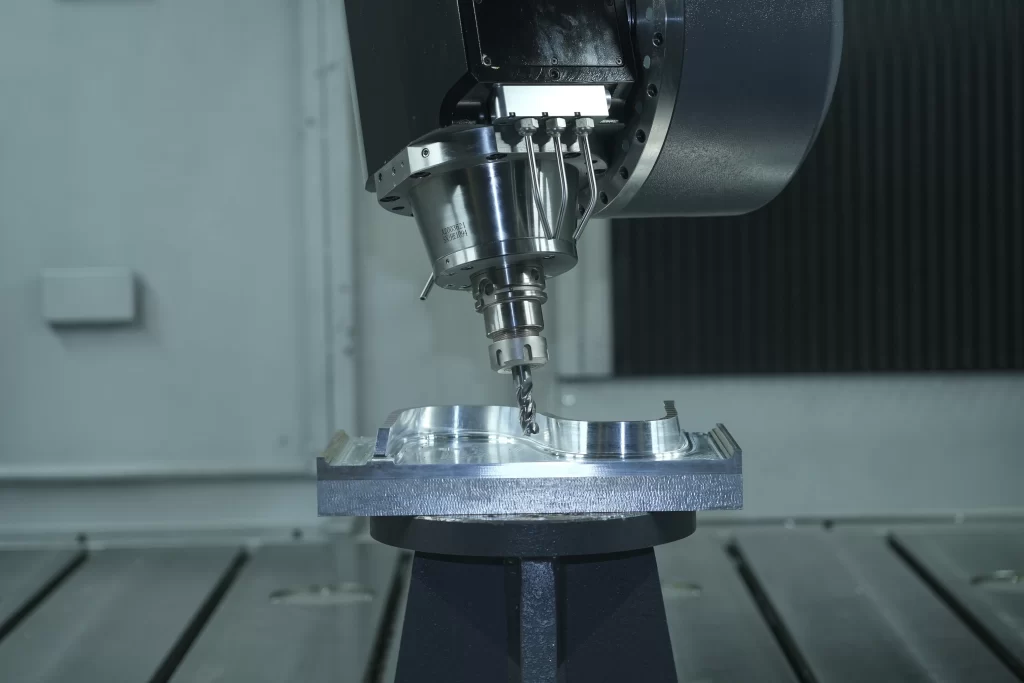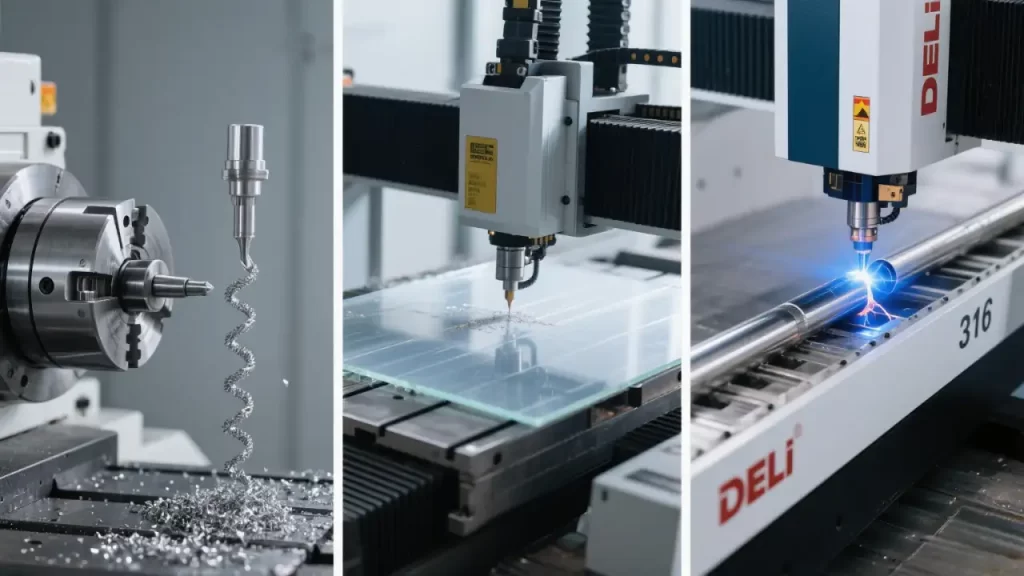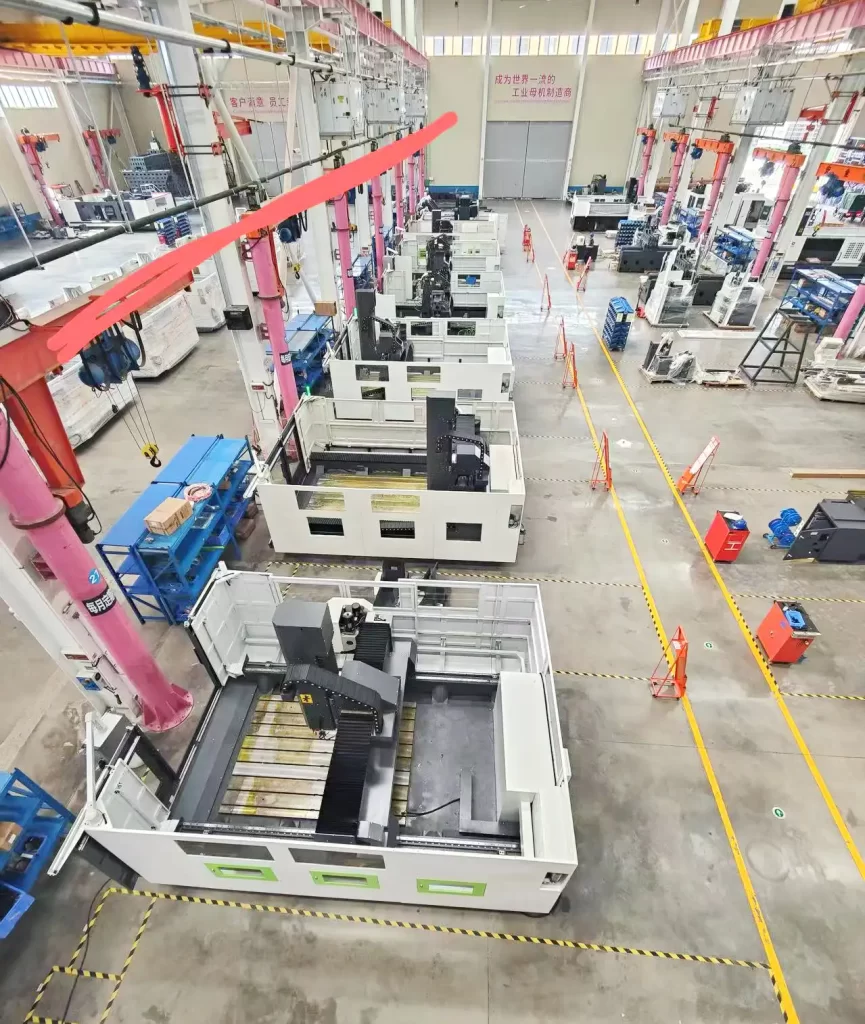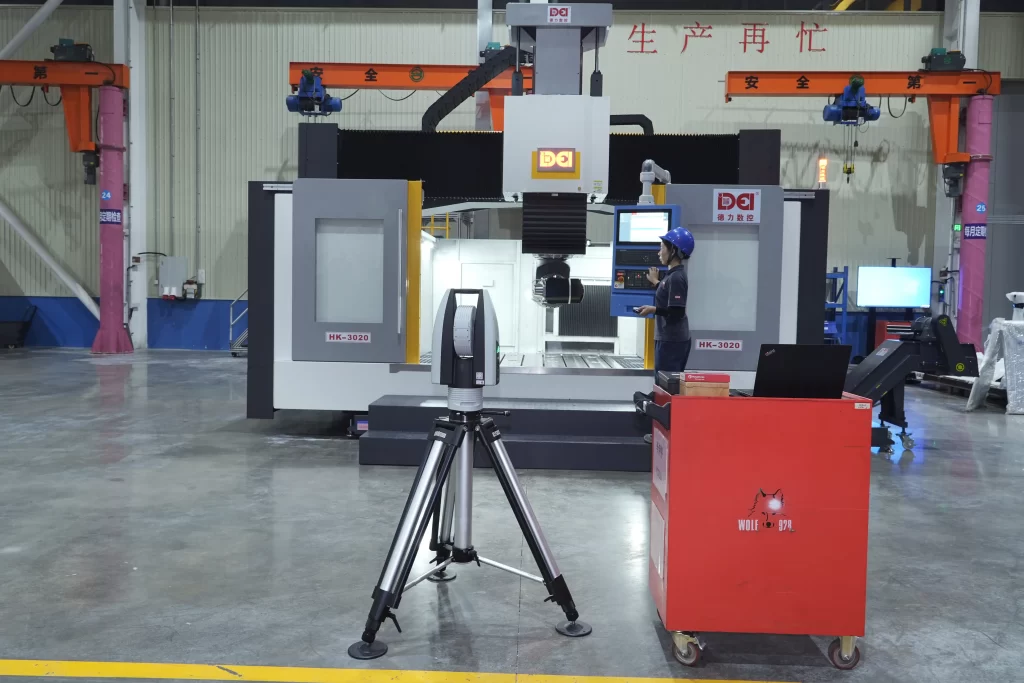Top 5 Advantages of CNC Machining for Precision Manufacturing
CNC machining (Computer Numerical Control machining) transforms digital designs into high-precision parts through CNC programming, serving industries like aerospace, automotive, medical, and plastic manufacturing. With micron-level precision (1 micron = 0.001 mm), it produces complex components like aerospace turbine blades or 316 stainless steel medical implants in hours. By integrating technologies like metal injection molding, laser welding, and CNC plasma cutters, CNC machining delivers unmatched accuracy, flexibility, efficiency, cost savings, and repeatability, making it a cornerstone of modern precision engineering.
Advantage 1: Precision and Consistency in CNC Machining

Micron-Level Accuracy
CNC machining achieves micron-level precision using numerical control systems and high-precision sensors. For instance, aerospace turbine blades, which require strict adherence to GD&T symbols, are crafted with errors as low as a few microns using milling machines and end mills. Fiber lasers or laser engravers enhance surface finishing for materials like stainless steel pipes or Inconel 718. This precision makes CNC ideal for tool steel and D2 steel applications in high-stakes manufacturing.
Consistency in Mass Production
CNC machining ensures uniformity in large-scale production, eliminating human error. CNC programming controls cutting paths, paired with precise drill bit sizes and countersink bits, to produce identical A36 steel or aluminum sheet metal parts. In automotive manufacturing, 4140 steel engine components meet ultimate tensile strength and yield strength standards consistently. For medical applications, CNC metal machining crafts orthopedic screws with identical threads, ensuring perfect fit and boosting product reliability.
Advantage 2: Flexibility and Versatility

Handling Diverse Materials and Complex Geometries
CNC machining excels in processing metal injection molding, die casting, and investment casting, working with materials like carbon steel, polycarbonate sheets, TPU material, and UHMW plastic. For example, aerospace CNC machining produces weathering steel wing components with chamfered edges at micron-level precision. CNC acrylic services and nylon material processing create ABS plastic sheets for consumer electronics like phone cases. Selective laser sintering (SLS printers) further supports complex geometries, as seen in PETG vs. PLA 3D printing applications.
Rapid Task Switching
CNC machining allows seamless task switching via CNC programming. A CNC router can shift from crafting copper sheet metal automotive parts to polyethylene sheets for medical implants by updating software instructions. Unlike traditional lathe tools or tapping tools, CNC eliminates lengthy retooling. In custom manufacturing services, CNC plasma cutters and sheet metal benders quickly produce aluminum flashing, meeting bespoke demands efficiently.
Advantage 3: High Productivity

Automation Boosts Efficiency
CNC machining leverages automation to skyrocket productivity. CNC milling machines and CNC routers handle drilling, tapping screws, and chamfering autonomously. In automotive production, MIG welding gas paired with CNC metal machining speeds up zinc alloy part fabrication, reducing labor costs. CNC machinists oversee operations, enabling 24/7 production for urgent orders, like aerospace parts made with metal 3D printers.
Shorter Production Cycles
Using multi-axis machining and high-speed cutting, combined with metal cutting saws and fiber lasers, CNC machining slashes production times. For instance, polycarbonate panels for phone cases are completed in hours instead of days. Handheld laser welders and TIG welding machines swiftly join stainless steel pipes for medical tools, ensuring rapid delivery. CNC plasma cutters efficiently shape corten steel, enhancing market competitiveness.
Advantage 4: Significant Cost Efficiency
Reduced Material Waste
CNC machining minimizes waste through precise path planning, critical for costly materials like titanium or brass vs. bronze. EDM machines and laser welders ensure micron-level accuracy, preventing miscuts. Blasting media and blackening coatings enhance surface quality, reducing rework. In mold manufacturing, CNC ensures perfect first-time molding, cutting costs.
Long-Term Cost Savings
While CNC equipment has a high upfront cost, its low maintenance and durability make it economical. Powder coating services and anodizing near me extend aluminum sheet metal lifespan, lowering replacement costs. In large-scale production, CNC machining 4140 steel gears, validated by compression testing for yield point, reduces per-unit costs significantly.
Advantage 5: Repeatability and Traceability

Standardized Processes
CNC machining standardizes operations via numerical control, ensuring consistency with thread mills and reamer tools for 316 stainless steel parts that meet Rockwell hardness scale standards. In automotive manufacturing, CNC delivers identical components, streamlining production. Contract manufacturing benefits from standardized workflows, simplifying quality control.
Quality Control and Data Tracking
CNC systems log parameters like stress-strain curves and heat deflection temperature, supporting robust quality control. In medical manufacturing, nylon plastic implants require regulatory compliance, and CNC provides traceable records. For aerospace, electron beam machining and laser engravers ensure fully documented production, easing audits.
Frequently Asked Questions
Why is CNC machining cost-effective?
CNC machining reduces material waste through precision, lowers labor costs via automation, and enhances durability with powder coat colors and anodizing.
Which industries benefit from CNC machining?
Aerospace, automotive, medical, consumer electronics, and plastic manufacturing leverage CNC plasma cutters and laser welding for efficient production.
Conclusion
CNC machining, paired with metal 3D printers, SLS printers, and FDM printers, transforms manufacturing with these advantages:
- Precision: Micron-level accuracy meeting GD&T symbols.
- Flexibility: Processes PETG filament, ABS filament, and nylon filament.
- Efficiency: Multi-axis machining and welding gas speed up production.
- Cost Savings: Minimizes waste and optimizes alloy steel costs.
- Repeatability: Standardized processes ensure consistency.
From wood turning tools to large 3D printers, CNC machining powers custom stencils and sheet metal brakes. With 5G and AI advancements, it’s set to become even smarter. Curious? Explore our CNC machining case studies or contact us for custom manufacturing solutions!



